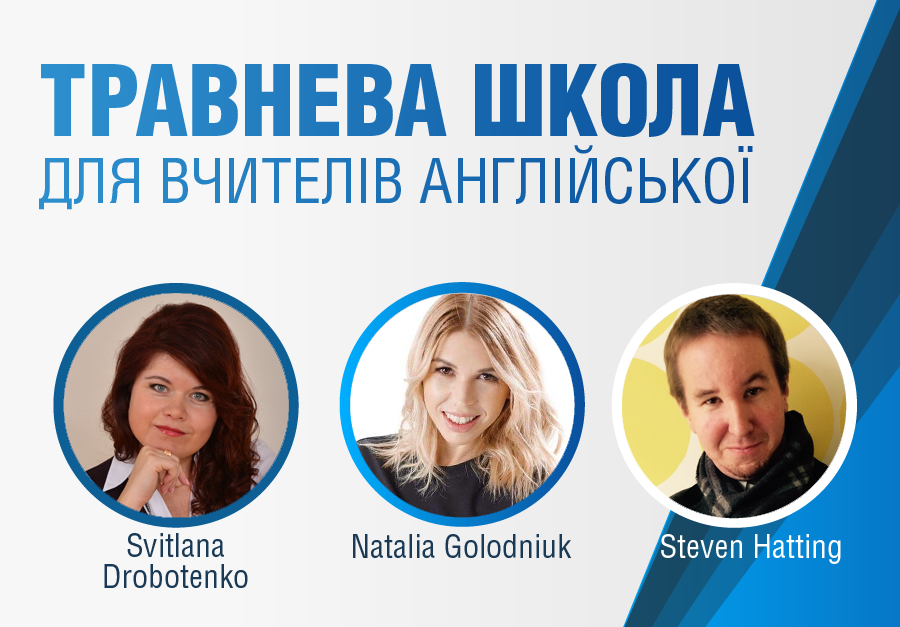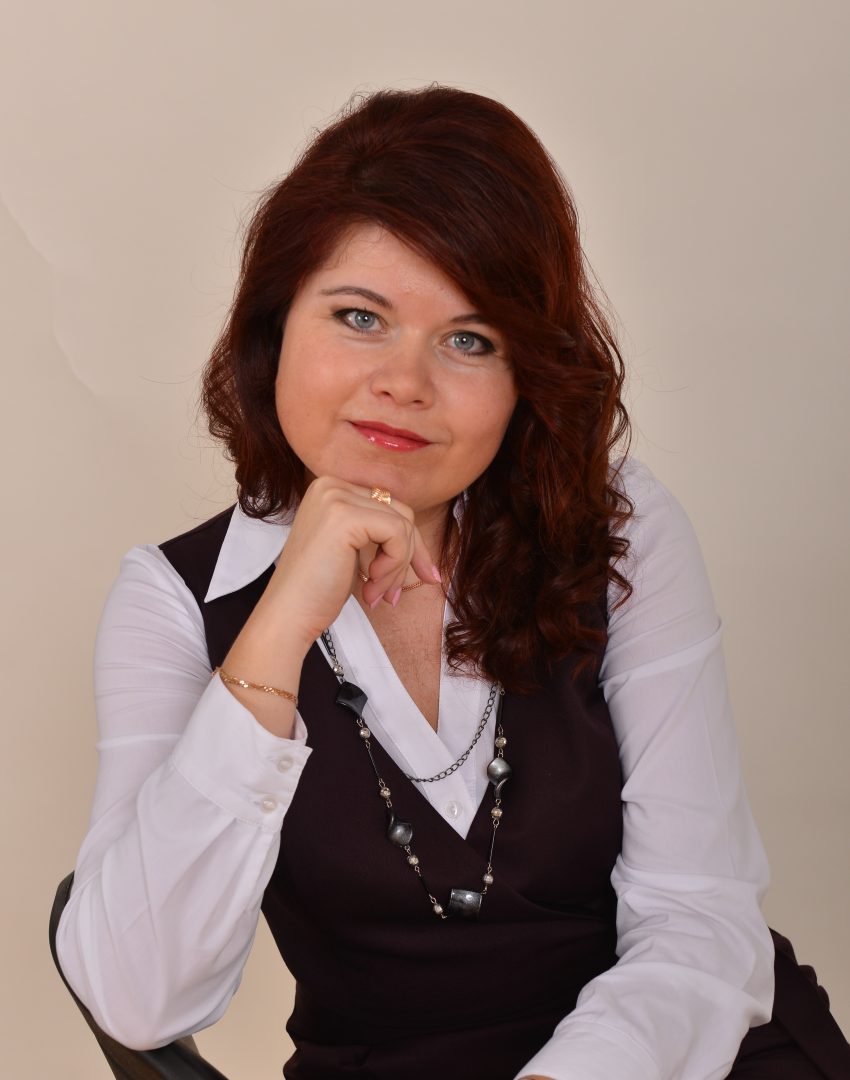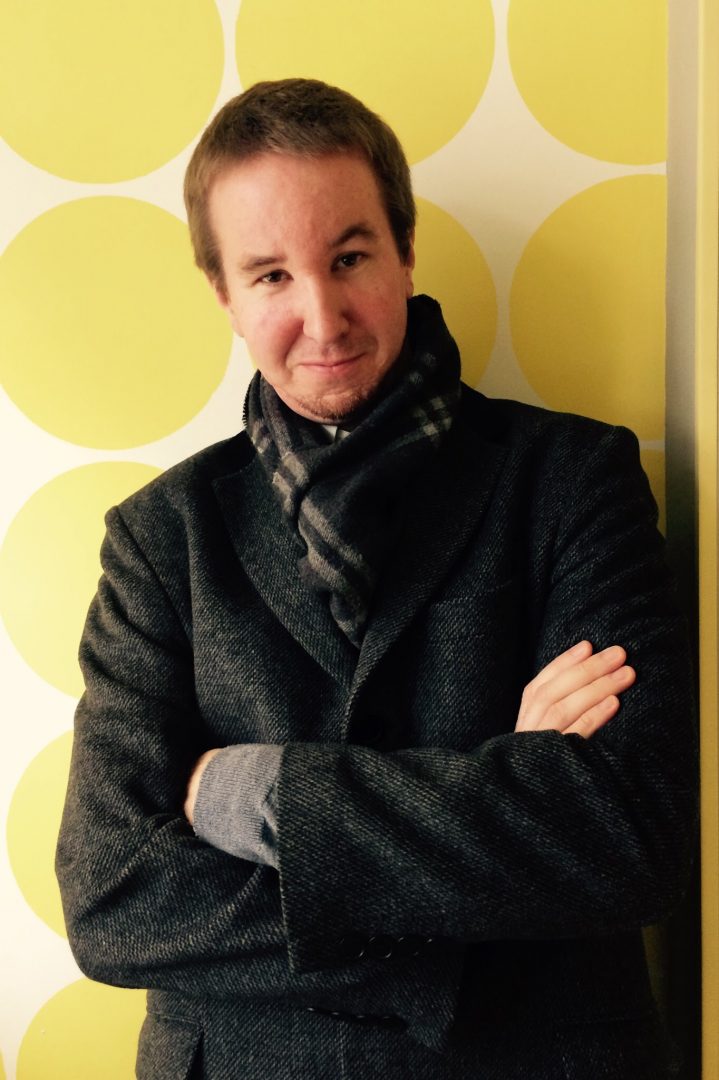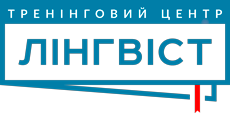
Longing for insights into the New Ukrainian School Curriculum? Make the most of May days!
At our 3-day school you will find out how to:
- Make learners active and pro-active;
- Interlace soft skills with language skills;
- Plan lessons effectively;
- Assess for learning
To study or unwind? Both! Morning sessions and afternoon relax: excursions around cozy historical districts, enjoying lilac, magnolia and chestnut in blossom.
Have the time of your life!
15-hour course May School Programme (30.04 – 2.05)
Day 1.
- 8.30 – 9.30 Welcome Breakfast.
- 9.30 – 14.00 Sessions:
- Soft Skills – Learning for life in 21st century
- Assessment with Technology.
- 16.00 – A walking tour around Botanical garden.
Day 2.
- 9.00 – 14.00 Sessions:
- Learners in the Centre – How to make them involved
- Teach Communicatively
- 16.00 – A guided tour around Podil Historical area by Interesnyy Kyiv
Day 3.
- 9.00 –14.00 Sessions:
- Lesson Planning
- Continuous Professional Development: the What, the How, the Why
- 15.00 – Farewell party
Sessions may be updated.
Sessions outline:

21st century
by Natalia Golodniuk
Soft Skills – Learning for life
Natalia Golodniuk is a finalist of the Global Teacher Prize Ukraine contest with over 10 years dedicated to helping children, adults and teachers to reach their full potential in teaching and learning English.Since her first day at school Natalia became fascinated by child development and English language teaching, which continue to be central to her work today. Her experience includes teaching students of all ages and levels, teaching police officers, teacher training and articles on CPD and various aspects of language learning. She currently works as a teacher of English at specialized school. Natalia also worked as a specialist at the Institute of postgraduate education. For 4 years, she has been working for British Council as a tutor of STS course and a teacher-trainer.
This training looks at the conditions necessary for learners to realize their creative potential and explores the ways to promote collaboration, communication, creativity and critical thinking in the ELT classroom no matter what context you work in. In the first part of the talk, we will explore the importance of developing 21st century skills in the classroom. We will then focus on creating conditions which build success and confidence and engage them in thinking creatively. Finally, we will look at and practice the activities that are aimed to develop creativity, critical thinking, collaboration and communication.

Assessment with Technology
Svitlana Drobotenko, a CELTA-certified teacher with 25 years of teaching experience, including EFL and ESP teaching in a variety of context all over Ukraine for learners from 5 to 65 years old. Her special interest is learner-centredness as a way of making students responsible for their progress. Since 2014, as a Teacher Trainer, Svitlana has been conducting methodology sessions and courses for EFL teachers and trainers.
Nowadays, Svitlana is an academic director of the training centre Linguist, Teacher of ESP in British Council Ukraine; Lecturer at Kyiv In-Service Teacher Training Institute; Teacher Trainer in projects of British Council Ukraine and Ministry of Education and Science of Ukraine. Attending and presenting at CPD events all around the world, professional development stays her passionate commitment. And her motto is “Never stop learning because life never stops teaching”.
What do our learners feel hearing the word “Test”?
What does assessment mean for them? Threat? Stress? Punishment?
Why do learners think of tests as a burden and see it as an academic challenge instead of a fun and exciting “brain game”?
This workshop will slice and dice the ways in which classroom assessment in the English classroom, through a focus on assessment for and as learning, can be turned from a curse into a blessing for both teachers and students.
Teaching the generation of digital-natives requires being on the same page with our learners to speak the same language.
That is why at the session we will try on our learners’ shoes in doing tests (Assessment section of TKT) using technology and evaluate the tools afterwards, putting on teachers’ hats.
Learners in the Centre – How to make them involved
by Svitlana Drobotenko
Student-centered classroom. Is it a necessity and norm these days or still a luxury or innovative new approach to teaching? The traditional classroom where students sit quietly and attentively in their seats, while the teacher pours vast amounts of wisdom and knowledge into their sponge like brains is over (assuming it ever existed.) At the session you will find out how to turn teaching from “a constant battle” into the process where the interests of the students take center stage and the teacher gives students choice and voice, finding ways to provide learning experiences that focus on what students value.

Teach Communicatively
Steven Hatting is an EFL Teacher and Teacher Trainer from Santa Barbara, California. Beginning his career as a California licensed ESL tutor in the American college and elementary school system, he has been working in ESL/EFL for more than 10 years. He has a degree in Applied Linguistics, but has also placed importance on his continuing professional development by getting CELTA, TESOL, CELT-S, etc. Steven has spent the past four years living in Kyiv and Lviv teaching primary, secondary, tertiary, and adult students individually and in groups and hopes to impart some of his tips and tricks of the trade.
What is communicative competence and what does it mean for my English teaching? How can I use it in my lessons? These are some of the questions surrounding the communicative approach that we will be examining. By the end of this session, participants will have a clear understanding of what Communicative Language Teaching (CLT) is, what communicative activities really are and how to adapt non-communicative ones to become more communicative, as well as how to generally incorporate communicative competence into your teaching.
Lesson Planning
by Svitlana Drobotenko
Planning ahead to identify a course of action that can effectively reach goals and objectives is an important first step in any process, and education is no exception. The session will answer the questions: How to plan effectively? Why to do it at all? What to start with? Where to move? How to know that your lesson is a success? And help you to believe that lesson planning is a creative process which provides a framework for purposeful learning.
Continuous Professional Development: the What, the How, the Why
by Svitlana Drobotenko
I doubt if many people would say that learning throughout one’s life is not a good aim to have. We want to develop professionally, we are prepared to find the time we need to learn, develop and thereby improve our practice.
The question is what activities we can be involved in to keep up our CPD. The session focuses on a range of professional development tools and their purpose. We will also evaluate the professional development tools based on your learning preferences and outline a professional development plan based on your short-term goals.
– All sessions
– Welcome breakfast
– 6 coffee breaks
– Farewell party
– Welcome pack
– A walking tour around Botanical garden
– A guided tour around Podil Historical area by Interesnyy Kyiv
Location: Kyiv, Podil, office center ‘Bulgakov’ (3d floor)
Questions? Tel: +38 067 548 45 43, e-mail training@linguist.ua
